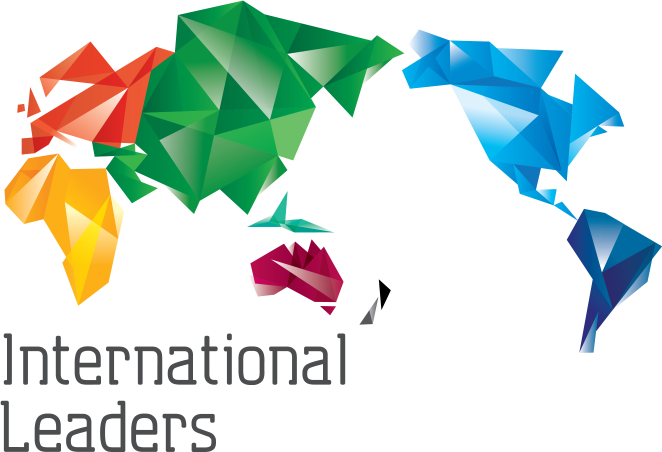Western Australian Leaders
Phone: 0423 674 157
Email: info@waleaders.com.au
Website: www.waleaders.com.au
Osborne Park WA

In today’s dynamic business landscape, leaders face the challenge of navigating rising costs and shifting economic conditions. To ensure the
long-term success of their organizations, leaders must be proactive and adaptable. Here are must-do strategies that can help leaders
effectively adapt and succeed:
1. Monitor Economic Indicators
Business leaders must closely monitor economic indicators such as inflation rates, interest rates, and consumer spending patterns. By staying informed about the prevailing economic conditions, leaders can make data-driven decisions and adjust their business strategies accordingly.
2. Data-Driven Decision Making
In a rapidly changing environment, leaders must rely on data to drive their decision-making processes. This involves leveraging analytics to understand market trends, consumer behaviour, and cost fluctuations. By making informed choices based on empirical evidence, leaders can steer their organizations away from potential pitfalls and towards opportunities for growth.
3. Diversify Revenue Streams
To mitigate the impact of rising costs and economic fluctuations, leaders should consider diversifying their revenue streams. This can involve exploring new markets, developing new products or services, or expanding into related industries. By diversifying revenue streams, leaders can reduce their dependence on a single market or product and increase their resilience to economic changes.
4. Cost Optimization
As costs rise, a keen focus on efficiency becomes paramount. Leaders should conduct thorough assessments of their operations to identify areas where savings can be realized without compromising quality. This could involve streamlining processes, adopting technology solutions, or reevaluating supplier relationships. By optimizing costs, businesses can maintain profitability even in challenging economic conditions.
5. Optimize Operational Efficiency
In an environment of rising costs, leaders should focus on optimizing operational efficiency. This can involve streamlining processes, adopting new technologies, or renegotiating contracts with suppliers. By improving operational efficiency, leaders can reduce costs and enhance their organization’s competitiveness.
6. Invest in Innovation
Leaders should prioritize innovation as a key driver of growth and adaptability. By investing in research and development, leaders can identify new opportunities, develop innovative products or services, and stay ahead of the competition. Innovation can also help leaders differentiate their organizations in a crowded marketplace and create value for customers.
7. Be Agile
Agile Strategic Planning
Traditional, rigid strategic plans may not be effective in an environment characterized by uncertainty. Leaders should adopt an agile approach to strategic planning, which involves continuous evaluation and adjustment of goals and tactics based on evolving circumstances. This allows organizations to respond swiftly to changing market dynamics and stay ahead of the curve.
Agile Teams
To navigate shifting economic conditions, leaders should build agile teams that are capable of quickly adapting to change. This involves fostering a culture of continuous learning, empowering employees to take ownership of their work, and encouraging collaboration across departments. Agile teams can respond more effectively to market dynamics and drive innovation within the organization.
8. Collaborate with Stakeholders
Leaders should actively collaborate with stakeholders such as customers, suppliers, and industry peers. By engaging in open dialogue and
sharing insights, leaders can gain a deeper understanding of market trends and customer needs. Collaboration can also lead to strategic
partnerships that enable organizations to leverage each other’s strengths and overcome common challenges.
Rising costs and shifting economic conditions present both challenges and opportunities for leaders, but remember: Successful leadership is not about predicting the future but rather about being prepared to respond effectively to whatever the future holds.
Western Australian selects leading growth companies to become Members.
Phone: 0423 674 157
Email: info@waleaders.com.au
Website: www.waleaders.com.au
Osborne Park WA

